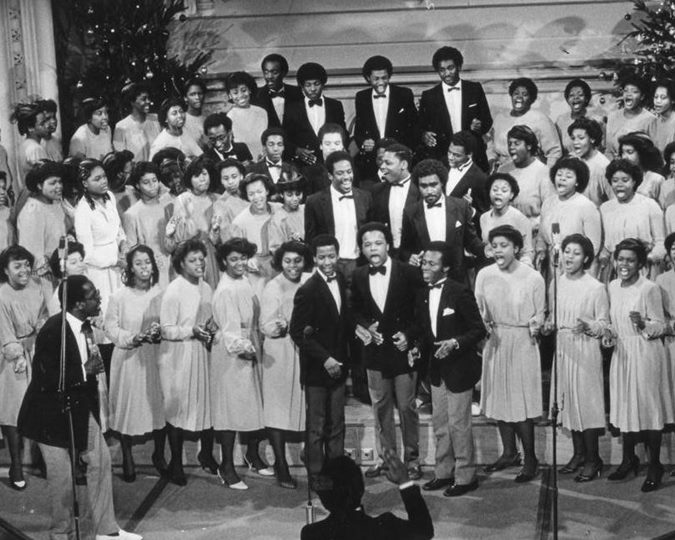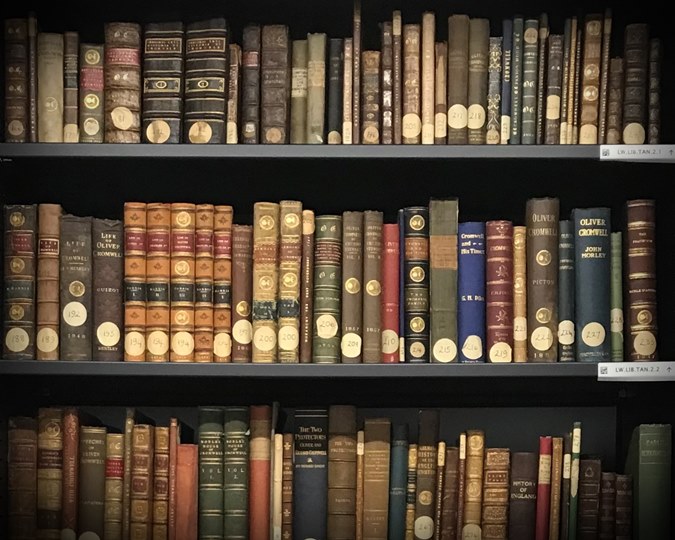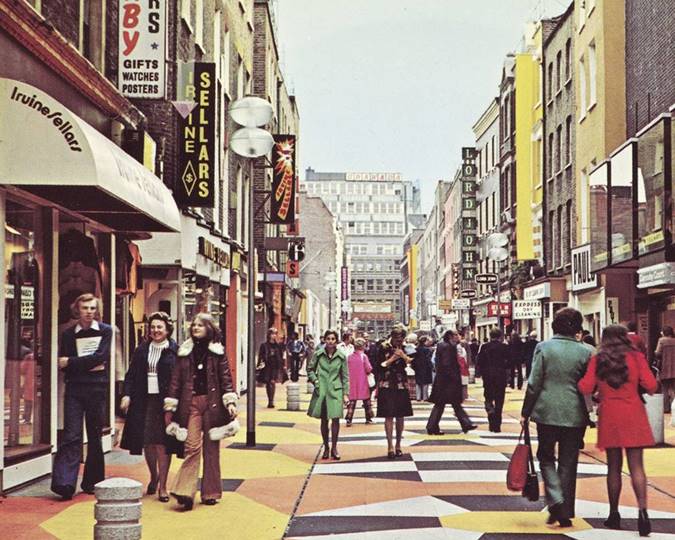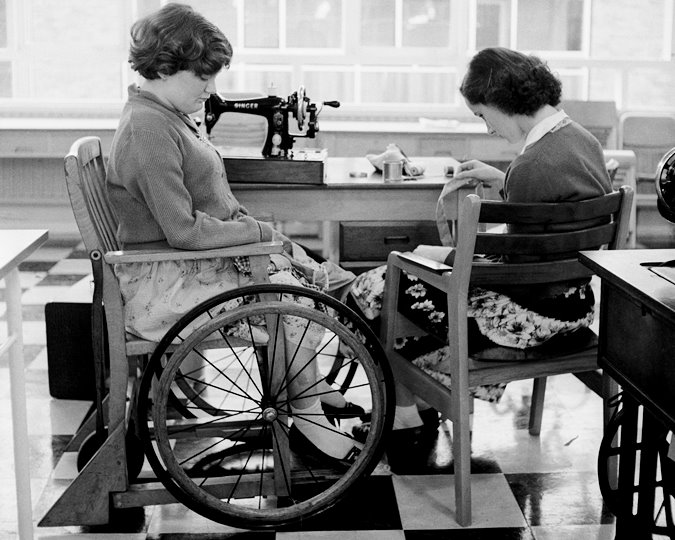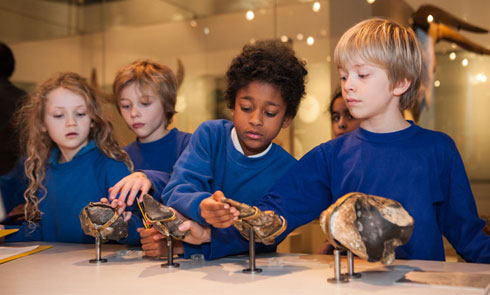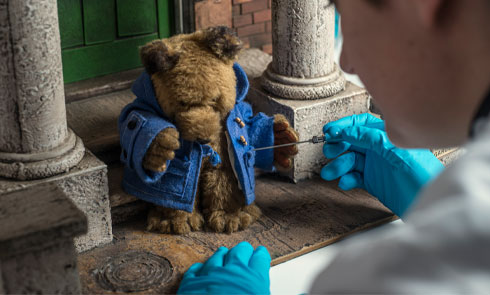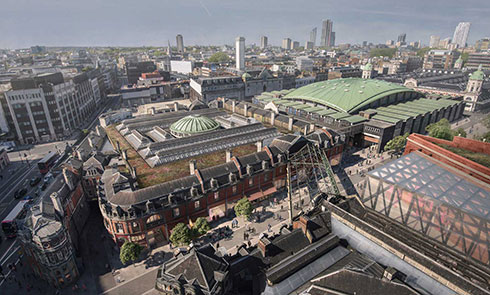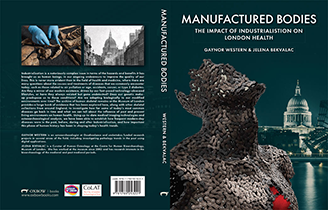Getting old
Fortunately, the majority of us today can look forward to living a long life. In fact, according to the statistics, more of us now are living into old age than ever before and this number is set to rise.
Currently over 11% of the world’s population are 60 years old and older and this is predicted to grow to 22% by 2050. The Office for National Statistics recorded that from 2014 to 2016 that, life expectancy at birth in the UK was 79.2 years for males and 82.9 years for females.
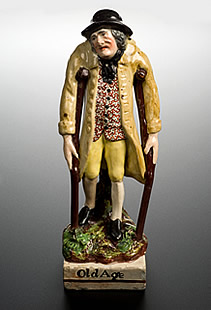
'Old Age' statue, Staffordshire, England, 1801-1830 (Credit: Science Museum, cc-by/4.0)
But what is being old? How do we define it? When do we become old and what comes to mind when we think of ourselves as elderly?
It’s difficult to define old age exactly because we all experience it differently. Definitions and expectations vary from person to person, especially between those that have different cultural and social experiences of ageing. As our populations are becoming older, for example, we push the boundaries of how to categorise and set limits on what old age is. Age, therefore, isn’t just a static number.
There are four aspects of age that we can consider:
- Chronological Age – the number of years since you were born
- Biological Age – the age of your biological fitness
- Psychological Age – how old a person feels and acts
- Social Age – your changing social status and roles as you age
Looking at how bodies aged in the past helps us to understand how concepts of age have changed over time and why we define our expectations and experiences of age the way we do today. One way we can examine changing attitudes to ageing and how differing lifestyles can influence it is to look at the restrictions put on the elderly in the past, in terms of exemptions from public roles based on age. We can also to investigate how people were treated when they were frail and past working age.
Questions we might ask about old age in the past are: What age was considered ‘old’ in the past? What was it like to be old and how did the elderly live? Was it a positive thing? And did our bodies even age the same way in the past?
Take our old age poll (opens in new window)

